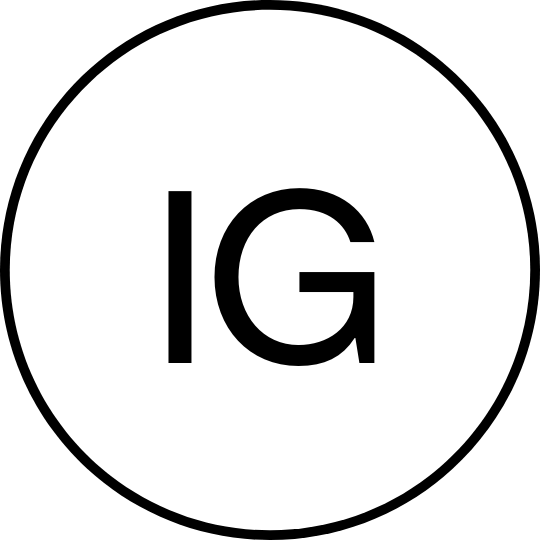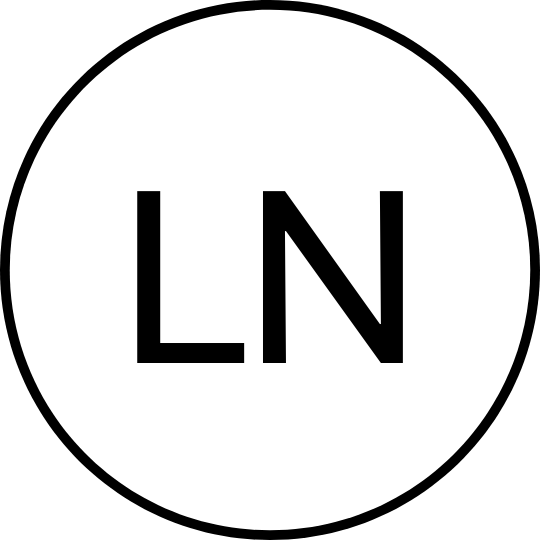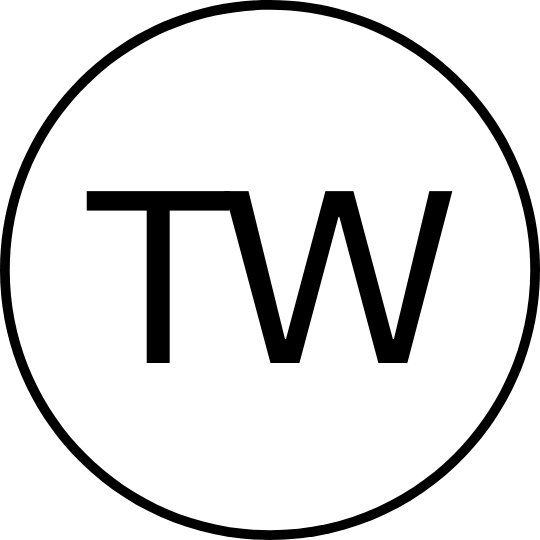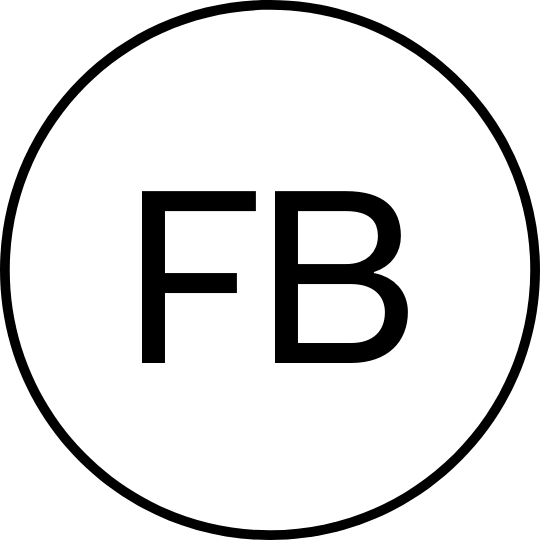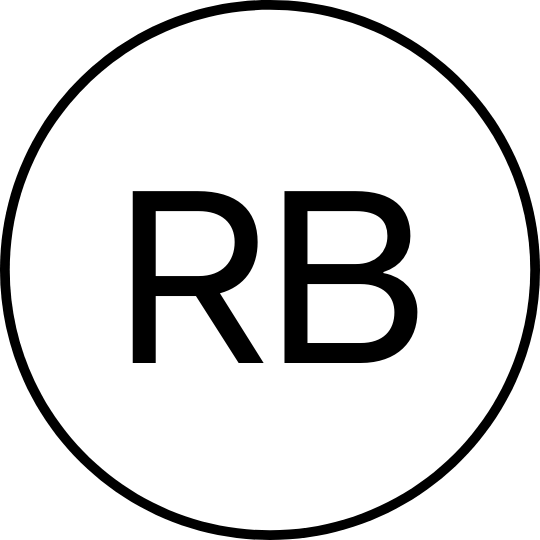Resume: The Most Important Letter of Your Life
So much depends on your resume. Here’s how I approach navigating the world of resume-building in the modern day.

The stories that glorify the grit of daily hustle.
As much as I’d like to believe human-to-human interaction in business isn’t dead, resumes are proof of the contrary. The more jobs in tech and professional services I’ve applied for, the more I’m convinced my resume is my super-powered, automated job-getter. It’s the robot of the HR industry.
As such, a good resume is an industrialized, well-oiled cog made to give companies as much important information about you as can be squeezed into a single page. It’s not about fonts or photos (heartbreaking). It has to be about making your past experiences so clear on your resume that your interviews become just about you and not about clarifying the things you’ve done.
Use the right stuff to make it
Art programs like Adobe, Canva, and even Word are getting resumes wrong right now. It’s like, are they intentionally trying to keep us from getting jobs? Their templates are too artsy. Instead, use Word or Google Docs to make your resume. Don’t use a template, but start from scratch so you can make the margins, text size, and spacing smaller.
Resist adding a photo of yourself, and don’t add an intro section to describe your personality. Use every inch of the page to describe your experiences. You can make your descriptions of those into a sincere ‘story’ that’s better than having a dedicated section.
Understand where it’s going
When recruiters get your resume, they’ll likely scan it into their own format before sending it to the hiring team. The only thing the hiring team will see is your content — fonts, photos, lines, and formatting are poof, gone.
That’s why it’s so important to spend your time adding good content instead of making things look pretty.
Making a new resume for each job application is a thing. Screening software filters resumes by keyword, so you need need need to take keywords from the job posting and the broader industry and add them to your resume (I’ll show you where below), or else your resume will get filtered out before it reaches the desks of the hiring team.
Lifehack yourself a skills section
My personal secret weapon (should I even be telling you?) is the often underestimated skills section. Use it to list A LOT of keywords from the job posting that match and explain your experiences. Don’t be afraid to dedicate four to five lines for skills. Just make sure it’s authentic.
Last, make it look like mine

Follow this general format. Format-copying here is ok, it shows you care. See how I followed the steps I mentioned above? If you’re still in school, put your education at the top. Otherwise, slide it to the bottom. Dedicate three to four bullet points for each work experience. Describe your experiences in a way that tells what makes you you. The biggest takeaway: in an environment of increasingly noisy online recruiting, the most important thing you can do with your resume is to show recruiters that you have a story to tell, giving them an idea of who you are that’s consistent with your ‘vibe’ in interviews. People with stories get interviews, and they also get jobs.
